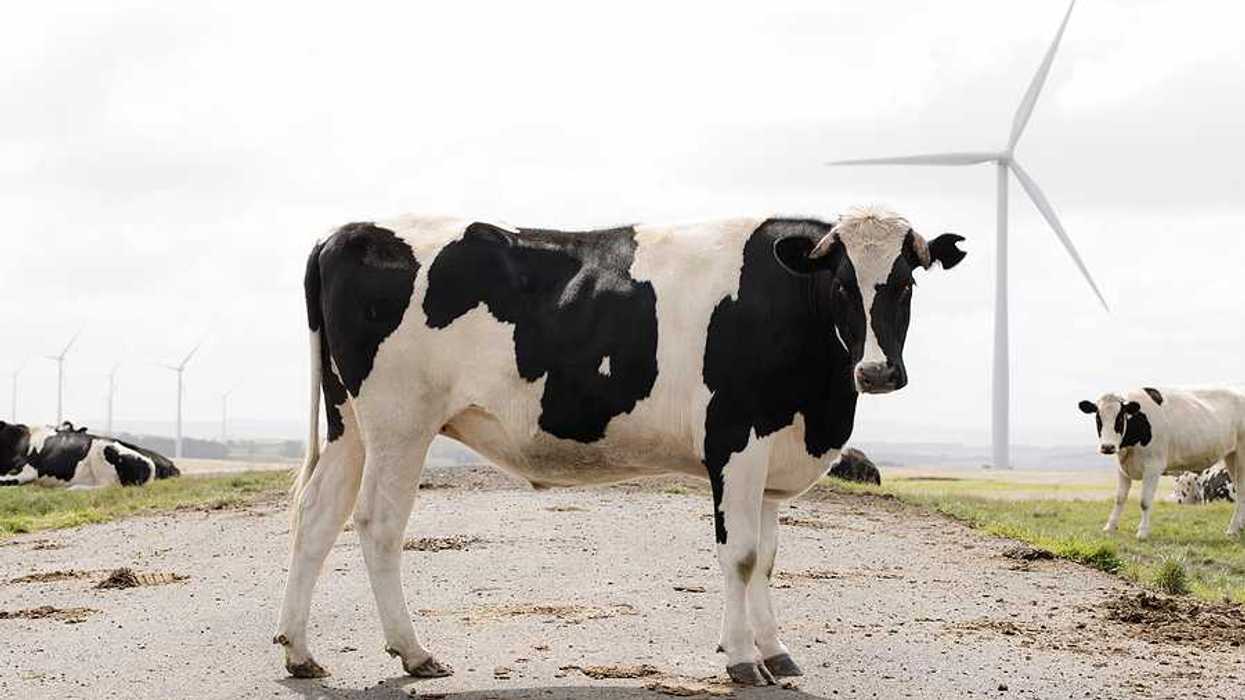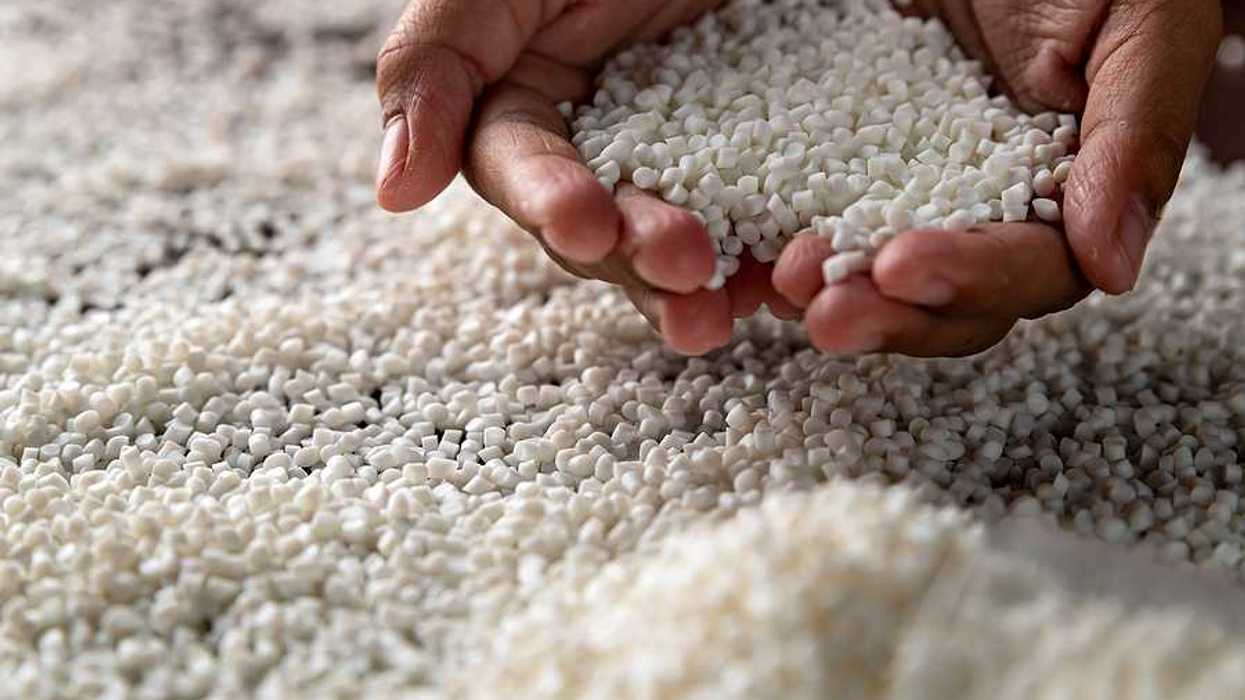A year after Alabama settled a civil rights complaint about sewage discrimination, efforts to improve sanitation in Black communities are moving forward, though the pace remains slow.
Dennis Pillion reports for Inside Climate News.
In short:
- Alabama’s Department of Public Health is working to address wastewater issues in Lowndes County, but progress is slow due to planning and logistical challenges.
- Nonprofits like the Black Belt Unincorporated Wastewater Project have stepped in, installing septic systems to help residents in underserved areas.
- Federal funds have been allocated to tackle these sanitation issues, but much of the infrastructure remains in the early stages of development.
Key quote:
“There’s always going to be more need than we have resources to help with.”
— Dr. Scott Harris, head of the Alabama Department of Public Health
Why this matters:
Lack of proper wastewater treatment has serious health and environmental consequences, particularly in low-income, rural areas like Alabama’s Black Belt, where unsanitary conditions have persisted for decades. Addressing these issues is critical for public health and environmental justice.
Learn more: WATCH — Close to home: Environmental justice in Alabama













